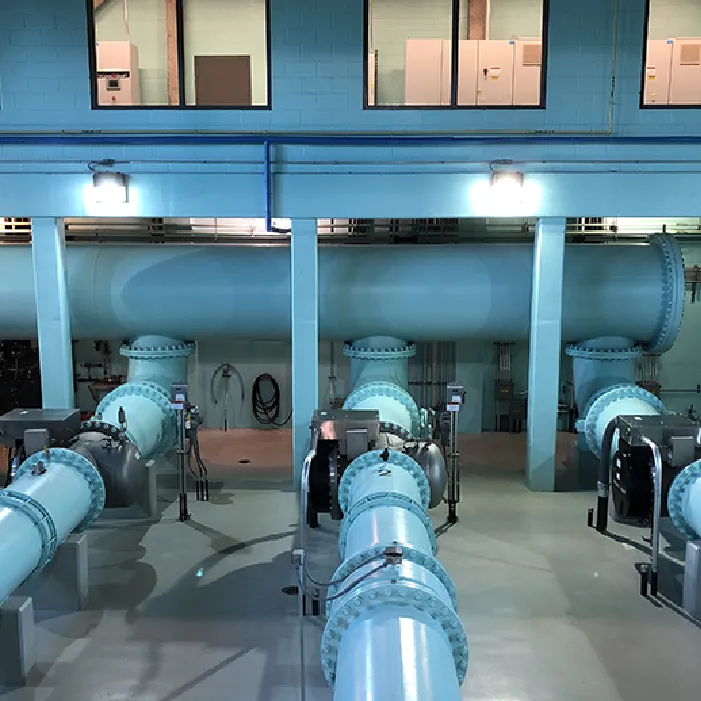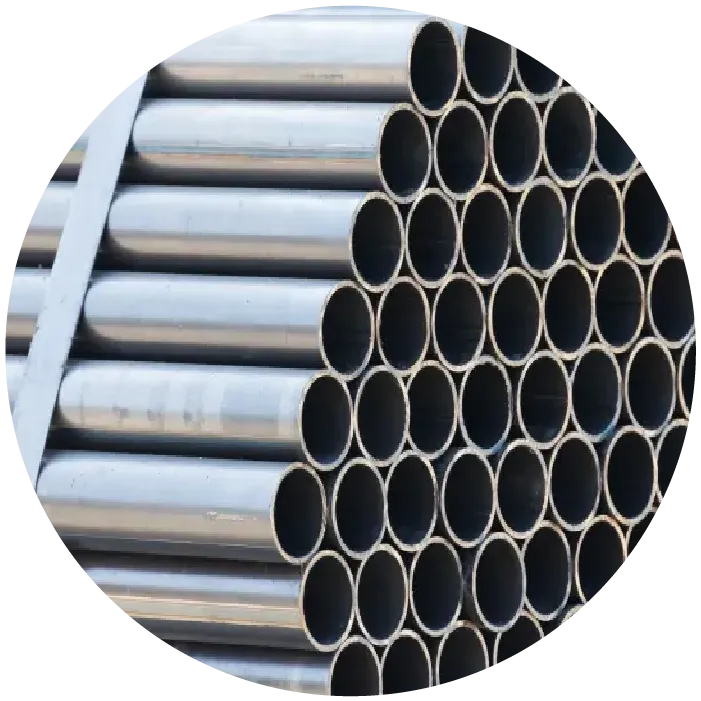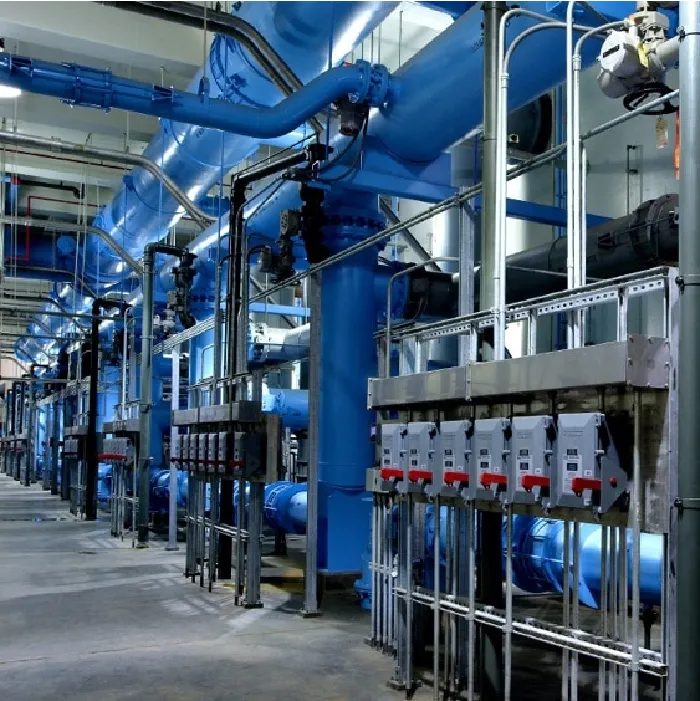Water is a vital resource that plays a crucial role in various industrial processes, manufacturing, and power generation. The quality of water used in these applications, known as process water, directly impacts the efficiency, longevity, and reliability of equipment. Maintaining optimal process water quality is essential to prevent issues like sediment buildup, scale formation, and corrosion, which can lead to unplanned downtime and increased maintenance costs.

Water operators are tasked with the responsibility of ensuring that process water meets the required quality standards. By effectively managing process water quality, operators can prevent potential problems before they occur, ensuring smoother operations and reducing the likelihood of unplanned shutdowns. Properly balanced chemical composition and treatment intervals not only enhance equipment performance but also result in reduced chemical consumption and waste.

Many companies have found success by adopting modern technologies such as the Internet of Things (IoT), automation, artificial intelligence (AI), and machine learning. These innovations enable water operators to monitor and respond to changes in process water quality in real time. With this capability, adjustments to water composition can be made promptly, minimizing the risk of scale formation and corrosion events. Consequently, equipment lifespan is extended, and personnel can better anticipate maintenance requirements and water rebalancing, leading to reduced manual labor, decreased chemical usage, and less water waste.
The Hydroquo+ SHIELD offers an advanced solution for industrial operations heavily reliant on process water. This innovative technology allows operators to monitor over 30 water quality parameters, including heavy metals, critical for maintaining optimal process water quality. The data collected by the Hydroquo+ SHIELD is seamlessly integrated into the Hydroquo+ Analytics platform, facilitating the establishment of effective process controls.
